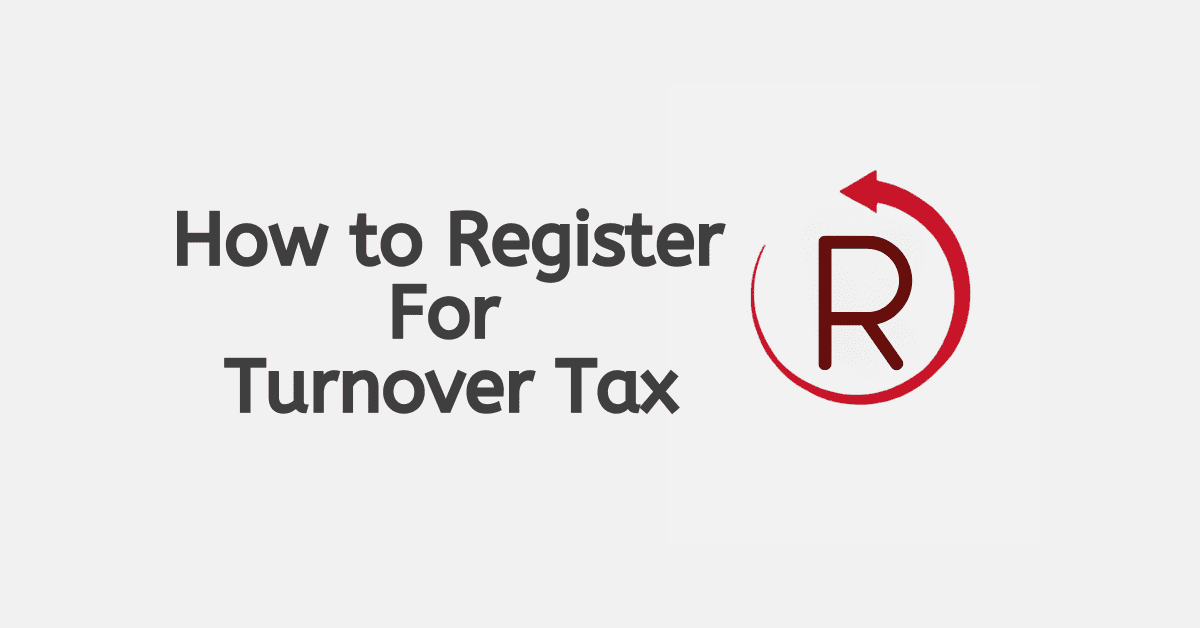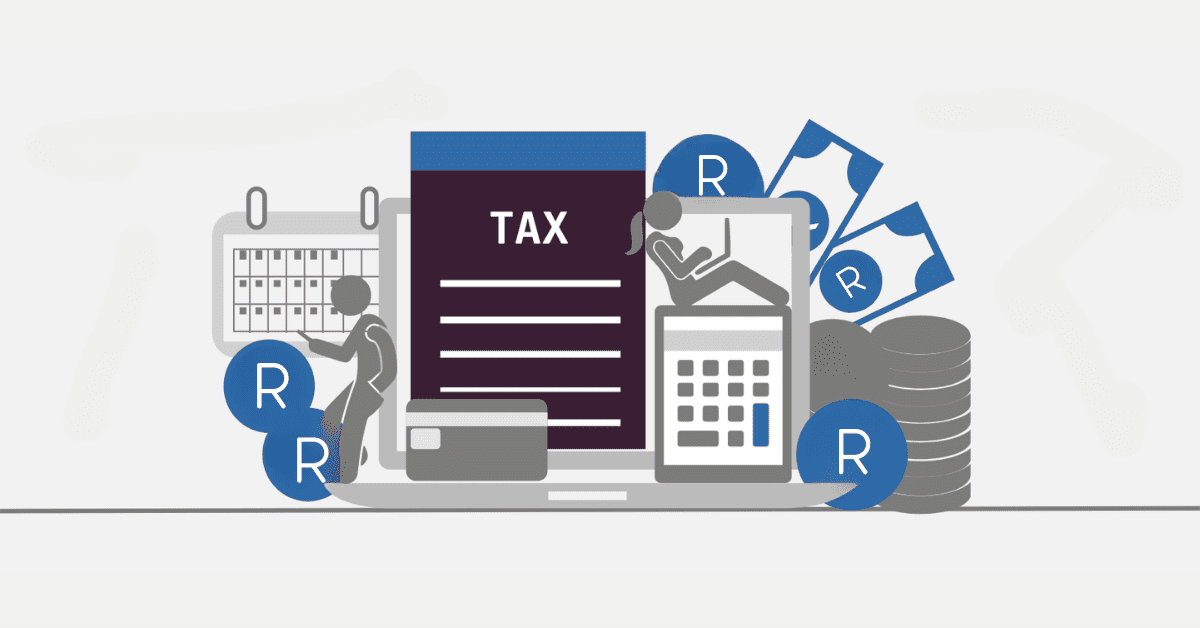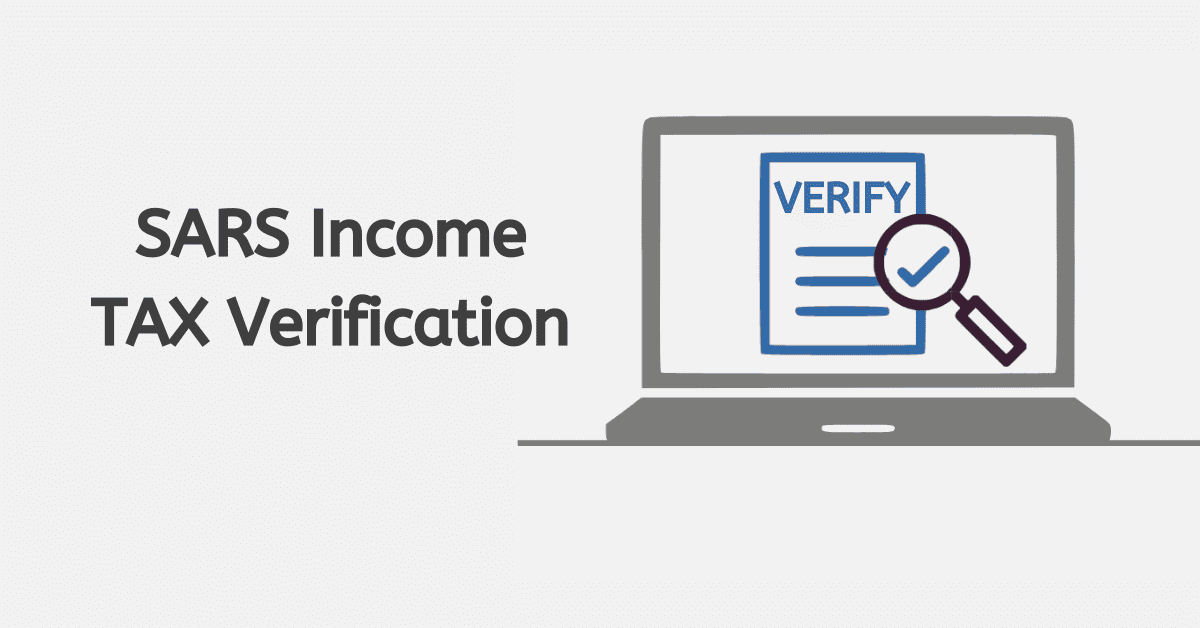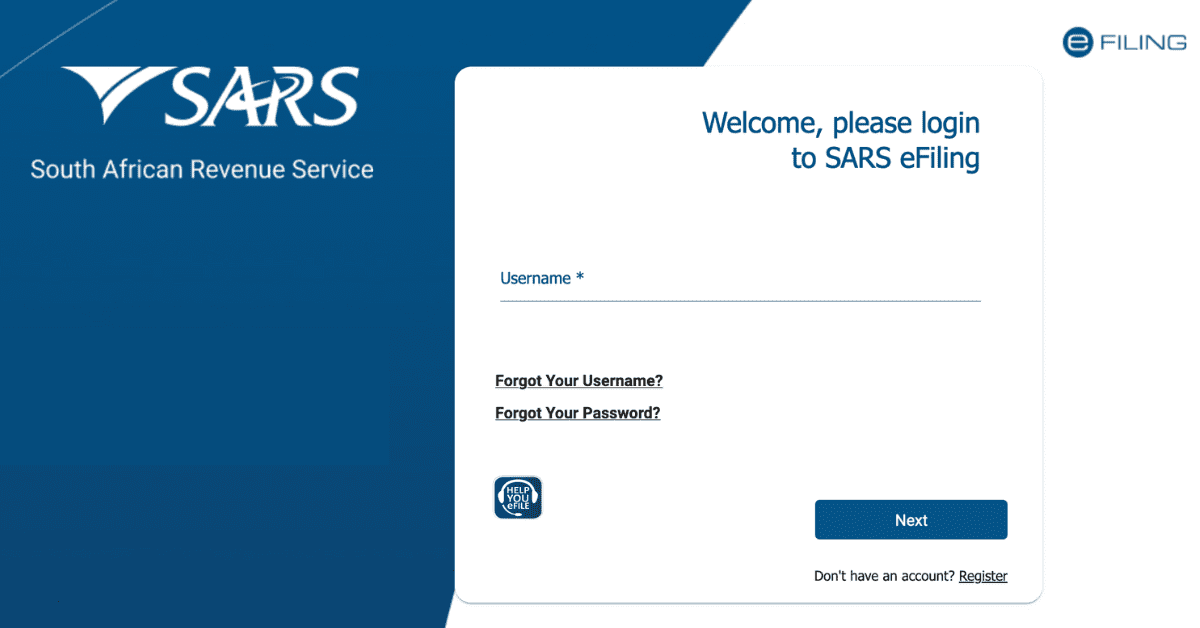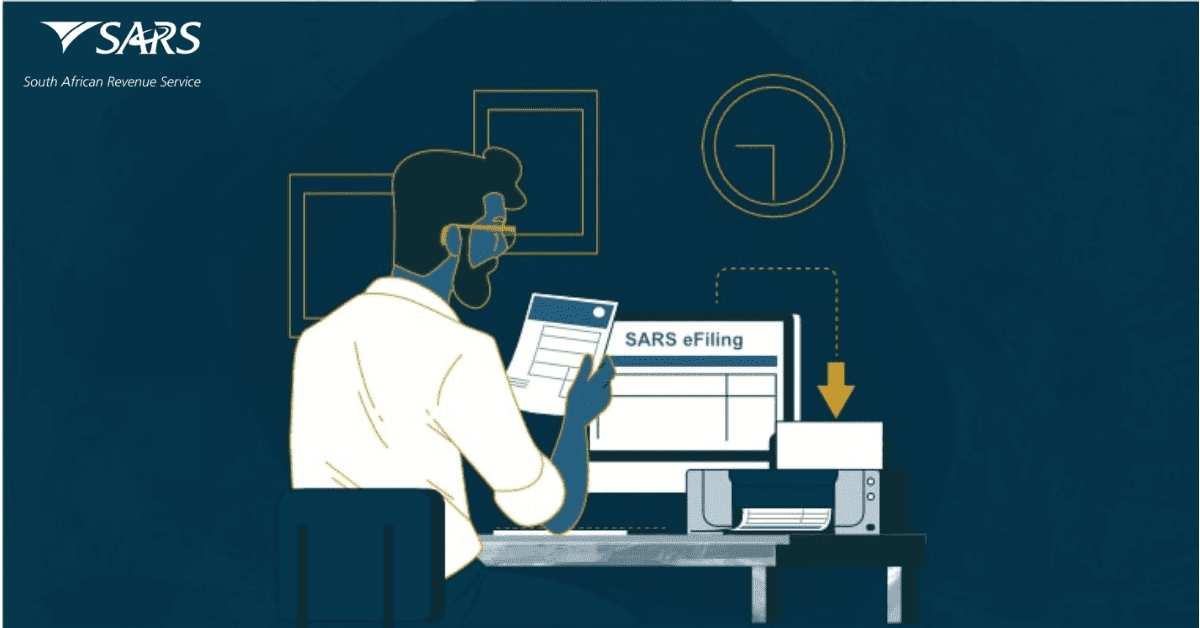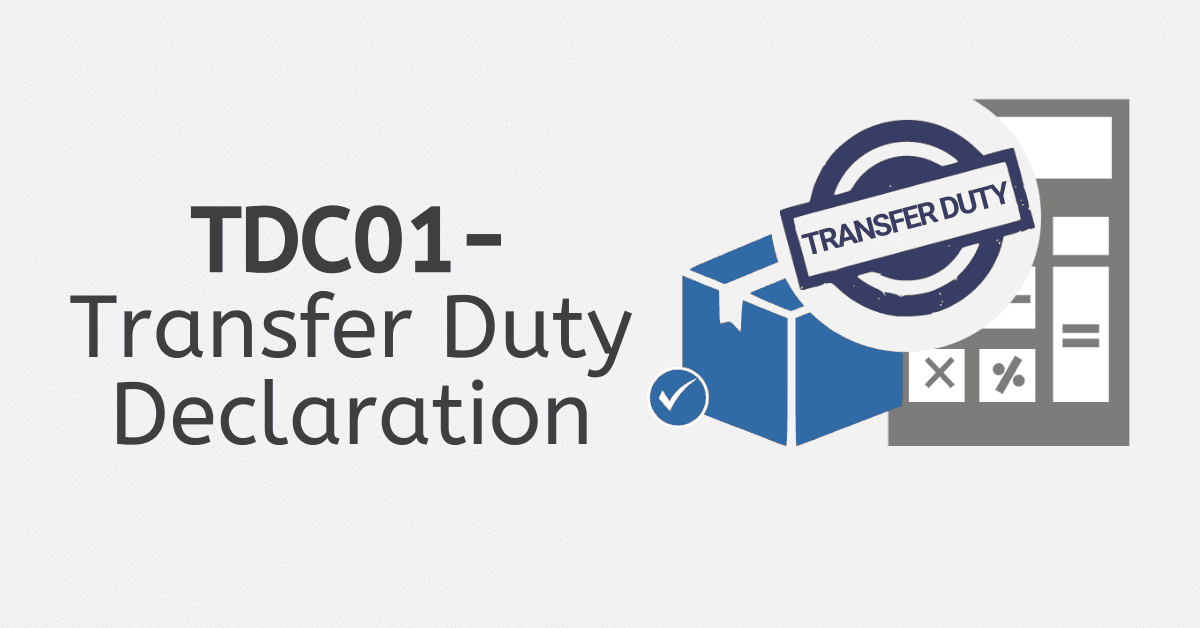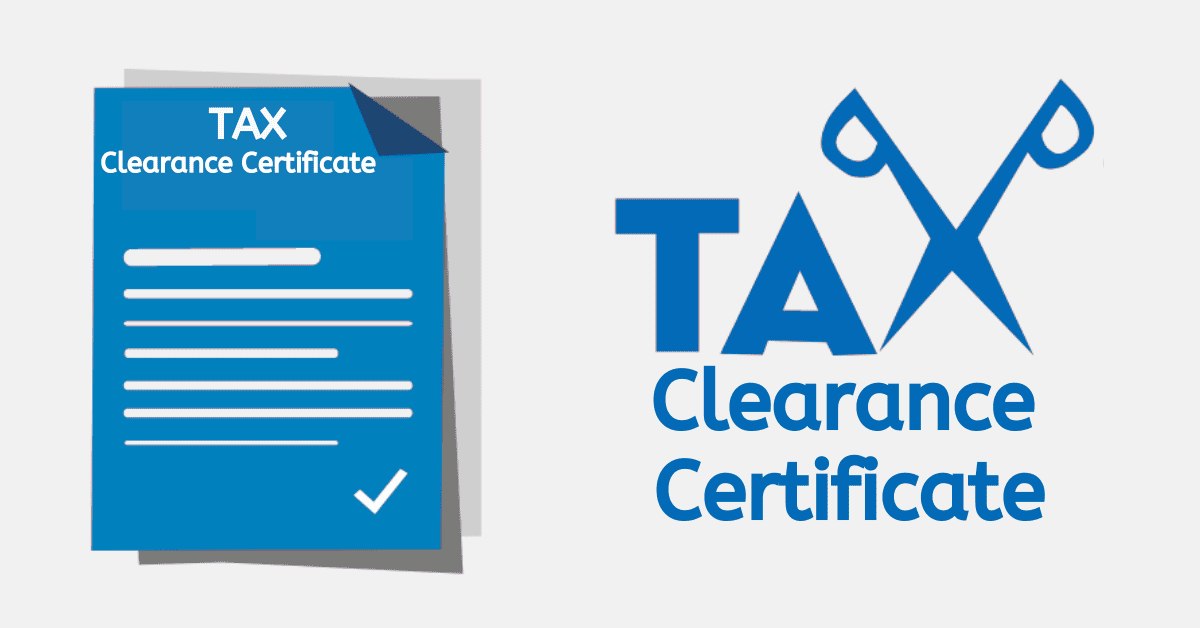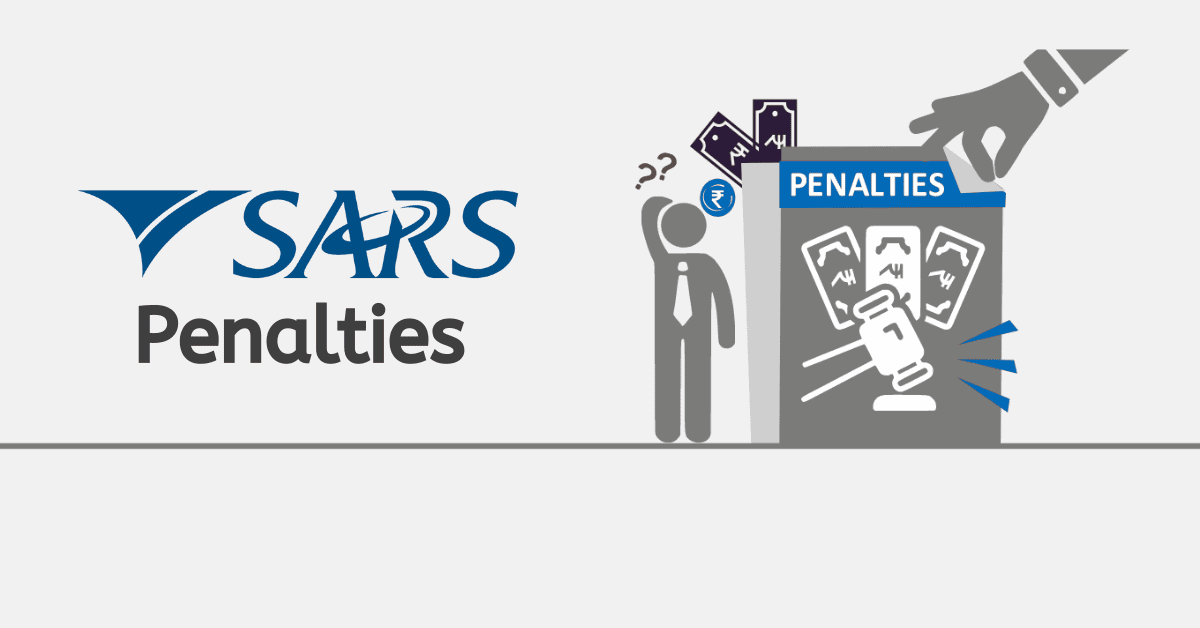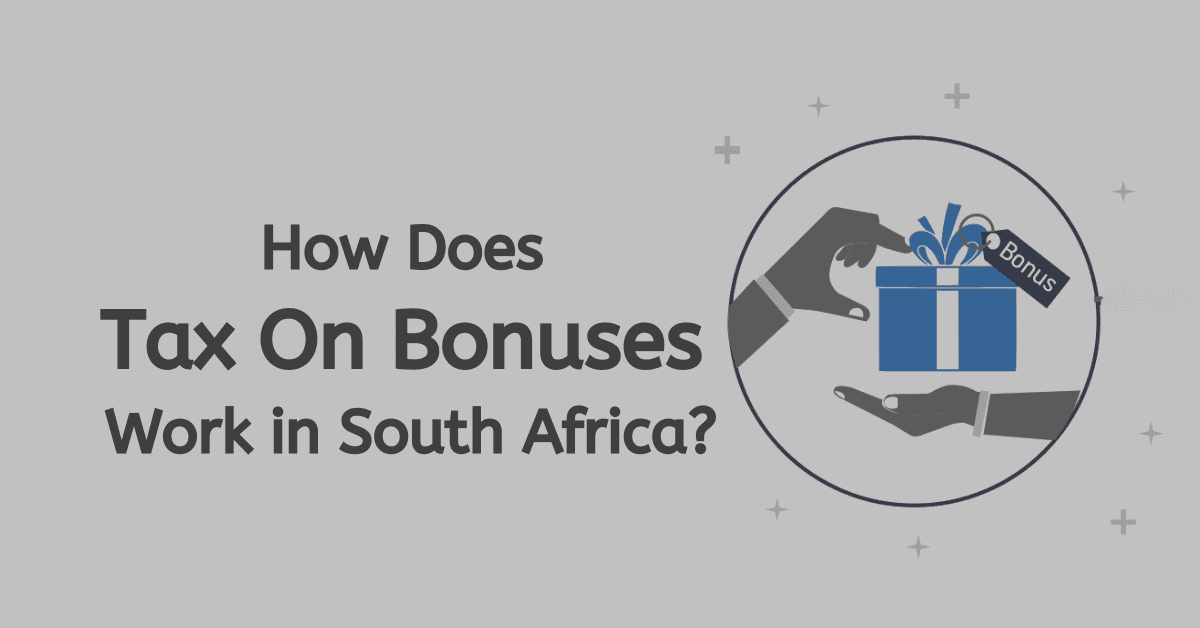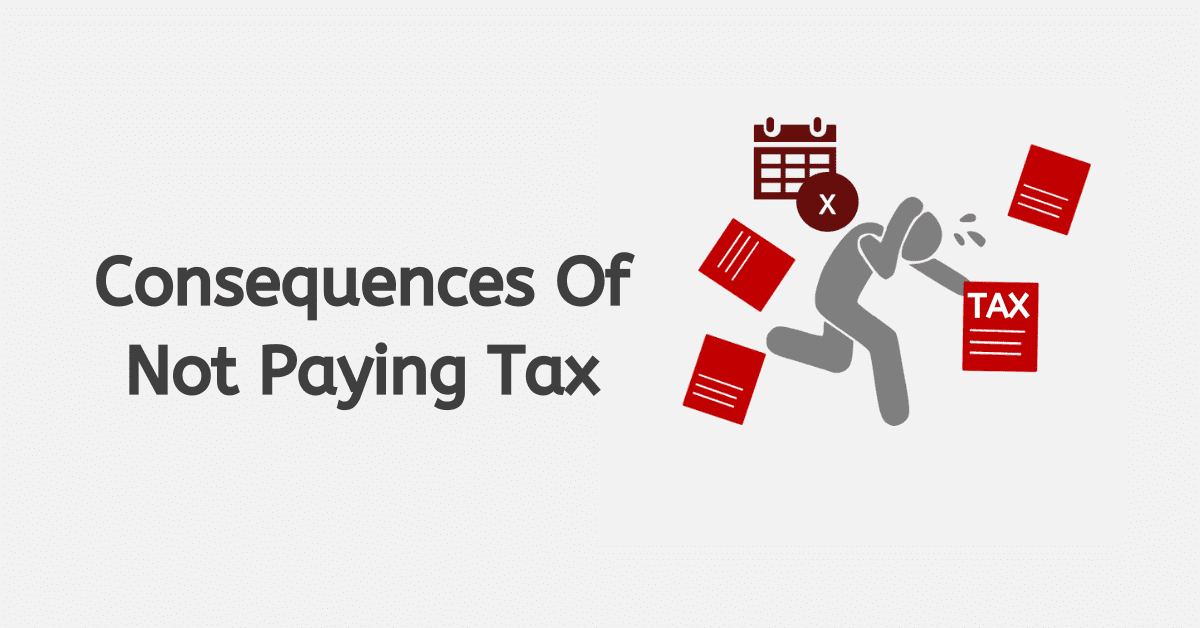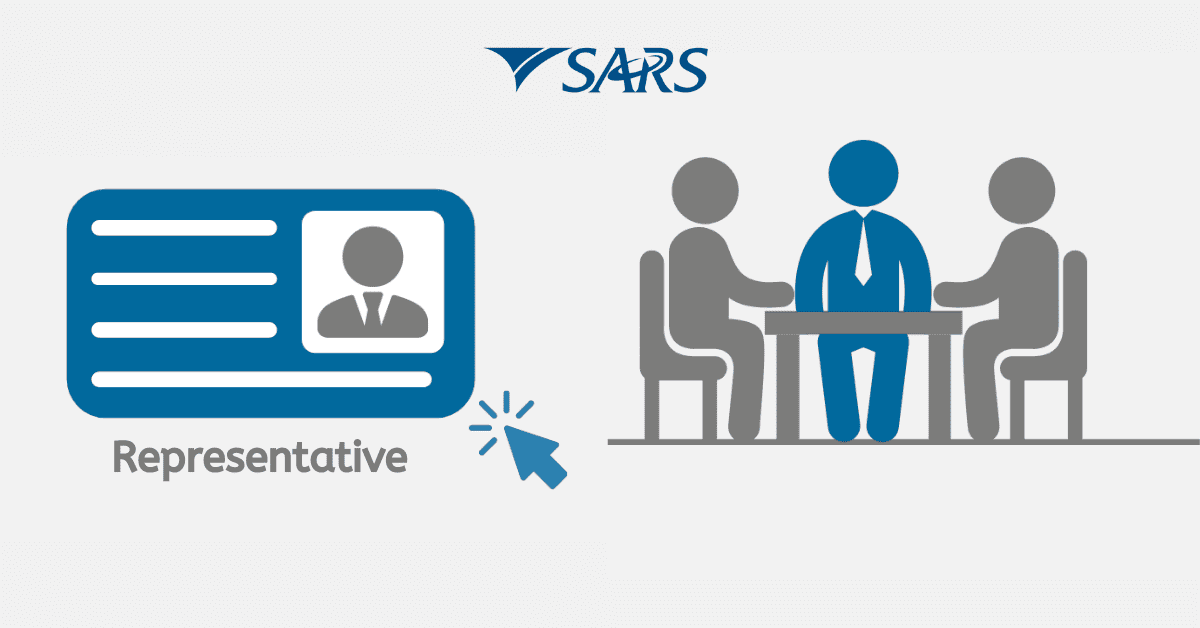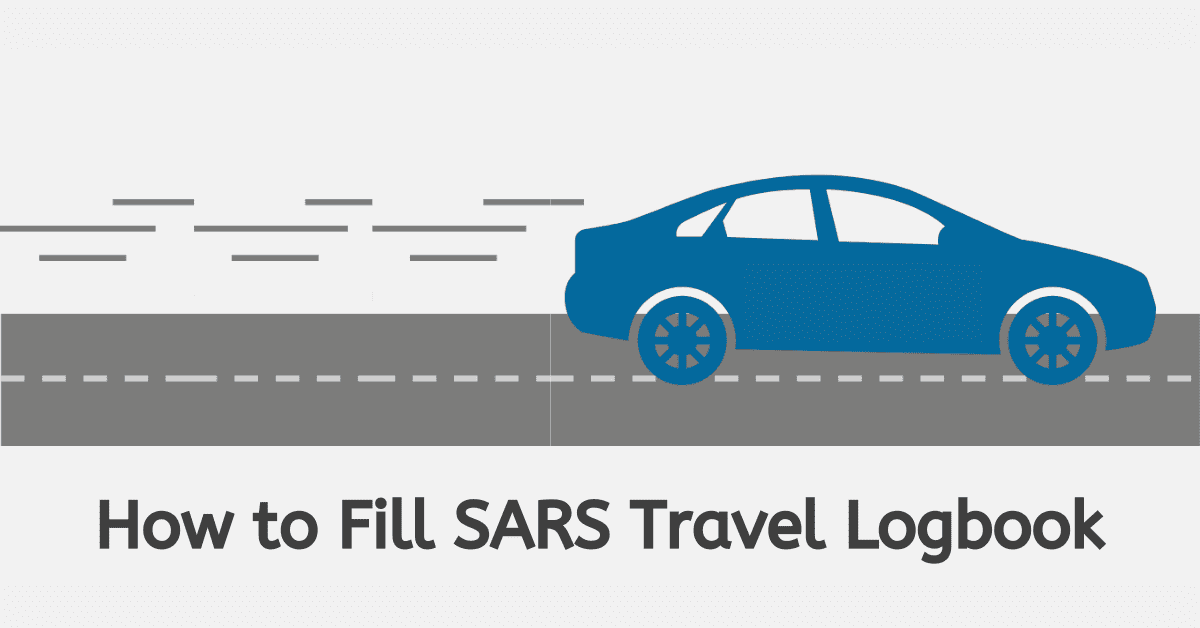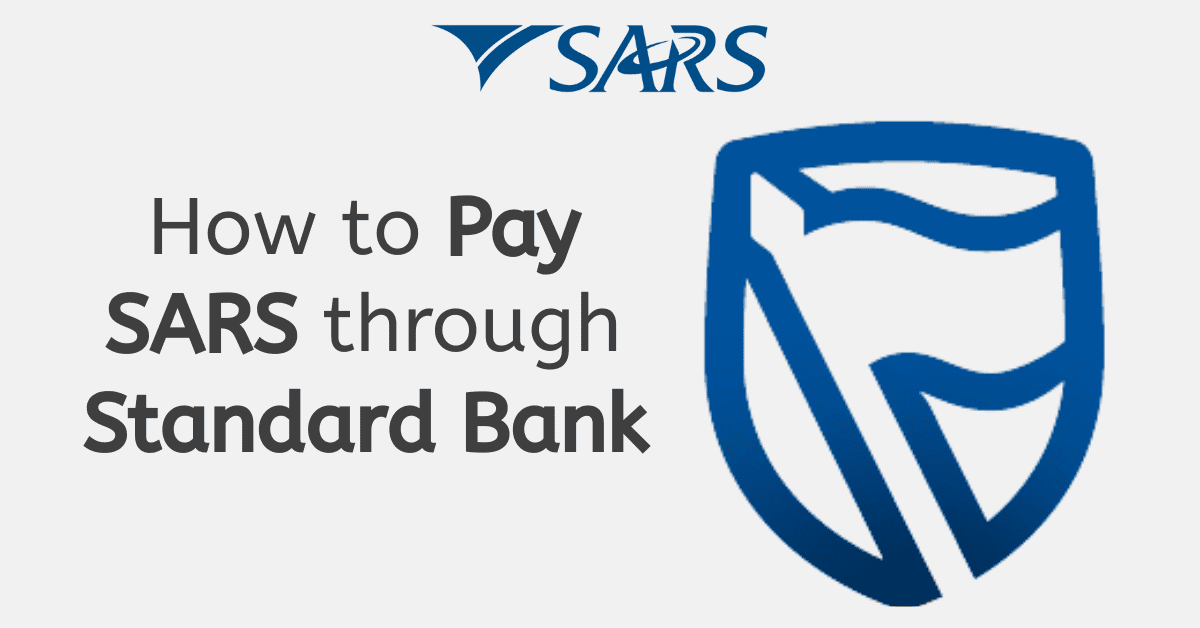The origins of South Africa’s Broad-Based Black Economic Empowerment scheme, better known as BEE, can be traced back to a constitutional act of the same name that was enacted in 2003.
The Broad-Based Black Economic Empowerment Act 53 of 2003 (the BEE Act) was an attempt by the government to address some of the inequalities by black South Africans under the apartheid regime.
The primary aim of BEE was to increase the participation of black people in the ownership, management, and control of South Africa’s economy.
BEE also served as the instrument by which black people’s involvement in the abovementioned sectors of the economy could be successfully measured.
Despite the law’s noble ambitions, many experts, as well as figures, indicate that over time BEE may have become a nadir for socioeconomic growth in South Africa.
It is attributed to the increase in wealth for black South Africans; since 2007, there has been a 113% increase of 4 900 High Net Worth Individuals (HNWIs) worth over $1 million.
Yet, despite this, black South Africans lag behind other previously disadvantaged groups in wealth accumulation when the overall number of HNWIs is considered (39 300 HNWIs).
This article seeks to address some of the discrepancies in information by providing a comprehensive guide to all things related to B-BBEE certificates.
How do I request my B-BBEE certificate?
In South Africa, according to the bylaws established in 2003, namely Section 9 of the Broad-Based Black Economic Empowerment Act 53.
The CIPC only provides B-BBEE certificates to registered businesses with a turnover of more than R10 million.
Those that earn below this threshold on an annual basis are considered as exempt micro-enterprises and are not required by law to hold a B-BBEE certificate.
All certificates issued are only valid for 12 months, the expiration of which will require the application of a new certificate.
And only directors and executive members of a company can apply for a B-BBEE certificate.
The employment of any third party or intermediary is not permitted and is punishable by law.
One can apply for a B-BBEE certificate from the Companies and Intellectual Property Commission (CIPC) e-services website- Bizportal, should they meet the eligibility criteria.
If it is your first time registering a business, the CIPC will issue you with a B-BBEE certificate after you register your company with them at www.bizportal.gov.za.
From the Bizportals homepage, you will see the option to register a business just under the site’s banner and menu atop the page.
Click on the “Register” option, which will direct you to the BizRegistration page. If you wish to register a company as well as receive a B-BBEE certificate, select the “Company Register” option.
Should you instead wish to simply obtain a B-BBEE certificate, scroll down the page, and click on the “B-BBEE Certificates” option?
Proceed to click on the “New Application” option, which will require you to use your ID number and password to log in to the next phase.
Once you have logged in, you will be further prompted for details related to your company and yourself as its director.
It is important that all director/member contact details be up to date, as a unique OTP (One Time Pin) will be sent to you to complete the verification process.
The successful completion of this should cause Bizportal to generate a B-BBEE certificate for your company within the space of 24 hours.
Sending it to you via email in most cases.
Does SARS have a BEE certificate?
The South African Revenue Service (SARS) does not possess the legal mandate to issue B-BBEE certificates, and thus it cannot issue them to citizens.
According to the regulatory laws that were established in 2003 to guide the process of black economic empowerment.
B-BBEE certificates are issued to businesses and business owners through the CIPC and various Sector Education and Training Authorities (SETAs).
However, despite this, SARS is a government body and, as such, is expected to observe the country’s laws as far as Black Economic Empowerment is concerned.
As such, SARS can be required to provide proof of its compliance with B-BBEE laws as well as produce a B-BBEE certificate as a requirement for doing business with other entities, both state-owned and private.
How do I check a company’s B-BBEE certificate?
You can check to see whether a company has a B-BBEE certificate by knowing the details of the organization or agency in question.
All B-BBEE certificates in South Africa are issued either by the Companies and Intellectual Property Commission (CIPC) as well as various Sector Education and Training Authorities (SETAs).
You can check the status of a company’s B-BBEE certificate by either visiting the website of the CIPC or the SETA that issued the certificate.
Once on the website, locate the section of the site that checks B-BBEE certificates, which may contain labelling such as “Search for B-BBEE certificates” or something of a similar nature.
Input the company name and registration number into the subsequent search field.
This should bring back results that include the option of selecting the company’s B-BBEE certificate.
Once you have obtained the company’s B-BBEE certificate, you’ll be able to see and view the company’s B-BBEE status alongside other relevant information.
It is of note to remember that the CIPC and some SETAs have online platforms where certificates can be viewed online.
But in the case of some SETAs, you may have to contact them directly to obtain a company’s B-BBEE certificate.
How long does it take to get a B-BBEE certificate?
For both the Companies and Intellectual Property Commission (CIPC) and SETAs are permitted to issue B-BBEE certificates.
Once a company and its directors/members’ details have been submitted and verified by an agency, applicants should get their B-BBEE certificate within 24 hours on the fastest end of the spectrum.
And no more than 3 months on the slow end. Some applications, however, may take longer than this should any unforeseen complications arise that may delay the issuing of a certificate.
